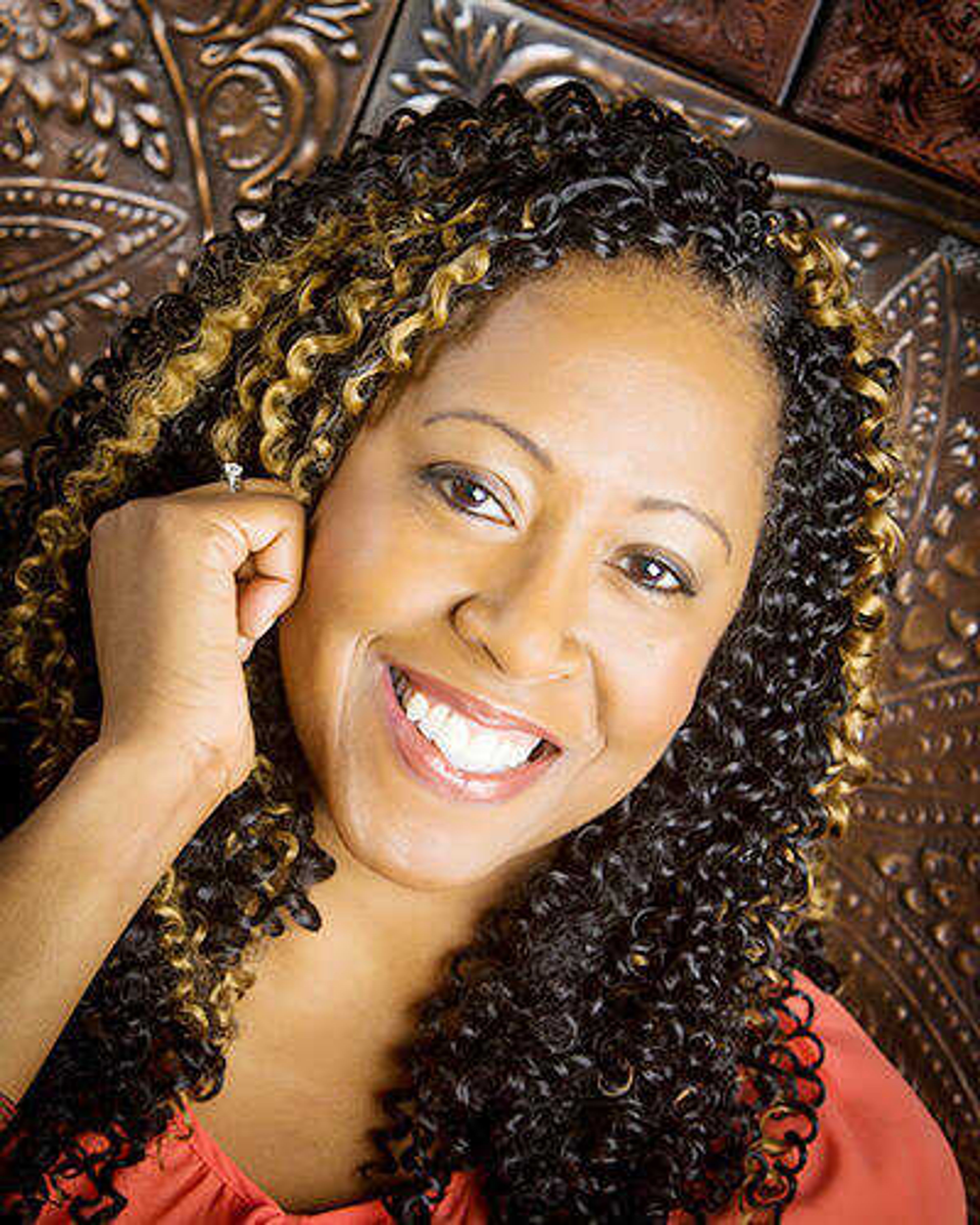Political correctness run amok
The inclination to coddle young people and protect their fragile sensibilities is growing by the day, and now, it has hit home in a way that bears further criticism.
Editor's note: This column is adapted from an article published at breitbart.com. The columnist originally spelled out the N-word but the Southeast Missourian conformed to AP style.
The inclination to coddle young people and protect their fragile sensibilities is growing by the day, and now, it has hit home in a way that bears further criticism.
We are traveling down a road in which anything that is politically incorrect, deemed dangerous or simply makes one uncomfortable must be eliminated. Add race to the mix and we lose our collective minds. A dangerous mindset it is, and as it has affected a Virginia school district, leading to its decision to ban two American literary classics, I am compelled to weigh in. My experience as both an educator and a black American affords me a unique perspective.
To Kill a Mockingbird and The Adventures of Huckleberry Finn are the latest victims of a Coddle My Kid campaign sweeping the nation. One parent, concerned about the N-word prevalent in both books, made it her assignment to get the books removed from the Accomack County Public Schools. KIRO 7 reports, "The decision to remove The Adventures of Huckleberry Finn by Mark Twain and To Kill A Mockingbird by Harper Lee came after a parent filed a complaint. … The parent cited excessive racial slurs as the reason for wanting the books banned, superintendent Warren Holland told the news station."
She lamented the plethora of "racial slurs in there and offensive wording" -- so much, she said, "that you can't get past that." Her son was unable to stomach a particular Huckleberry Finn page because the N-word appeared seven times. The article goes on to relay that "a racial slur appears 219 times in The Adventures of Huckleberry Finn and 48 times in To Kill a Mockingbird."
During a career that spanned more than 17 years teaching English Language Arts, I taught To Kill a Mockingbird numerous times to countless students. I consider myself somewhat of an expert on the book, and I will defend 'til the end its place within our schools, homes, and even our churches -- N-word notwithstanding. It remains my favorite novel of all time.
Unlike the worried mother, I am actually heartened by a son so intensely bothered by the word as it is used in the book. I submit that this, precisely, is the point. The purpose of education is not to shield from the uncomfortable, the hateful or even the evil. On the contrary, it is to expose those very things to the light, discuss them, examine them and commit not to repeat them.
I do not worry that a student is disgusted that Tom Robinson is called the N-word by those who falsely accuse him of raping Mayella Ewell, a white woman. I do not worry that he is disgusted that Atticus's children are tormented by people calling their father a "n****r-lover" for defending Tom in court. I expect that.
I worry when a student is not disgusted by those things. This parent should be proud that she is raising a son who was sickened by the treatment of Tom Robinson and by the verdict he received, for she clearly has done something right. Unfortunately, political correctness, unnecessary fear or a need to control blinds her to that. She cannot see that he is supposed to be disgusted.
Harper Lee uses the N-word in its historical context. Students understand that. Do we expect the people in Alabama in the 30s to speak in glowing terms of this man, under these circumstances? Would we bother reading if reality were sacrificed for the sake of feel-good fiction? No, we actually feel good when we read a story that is historically accurate, as ugly as it may be, and we can learn from that history.
Whether it is pulling The Dukes of Hazzard off the air over the Confederate flag, renaming a school because George Washington owned slaves or this banning of American literature so no one is uncomfortable, we are on a slippery slope of wiping out history and all its accompanying lessons.
My students loved To Kill a Mockingbird. As early as seventh grade, they appreciated the lessons embedded in its pages. I cannot count the times former students, years later, have told me how much they loved it, how it both entertained and challenged them, how it remains the greatest reading experience they ever had. Were some of these same students uncomfortable as I read the N-word -- without whispering it and often, purposefully, with fervor? Of course. But again, that's the point, and thus, a reason to rejoice, not recoil. I was never concerned about the students who were uncomfortable, only the ones who were not. And let's be honest: most young people hear blacks use the word nonchalantly with one another daily, as if it means "friend" -- throwing it around in a way that insults its historical context. Now, that's something to get riled up about, but not many are willing to take up that particular battle.
I have great respect for parents and their role in their children's education; they are the parents, after all. But I do challenge their thinking. Furthermore, I do not condone feeding students smut for the sake of consumption. I do, however, support exposing them to historically relevant, thought-provoking and even painfully exhausting lessons that help mold them into adults equipped to influence their world for good.
Adrienne Ross is an author, speaker, columnist, editor, educator and Southeast Missourian editorial board member. Reach her at aross@semissourian.com.
Connect with the Southeast Missourian Newsroom:
For corrections to this story or other insights for the editor, click here. To submit a letter to the editor, click here. To learn about the Southeast Missourian’s AI Policy, click here.










